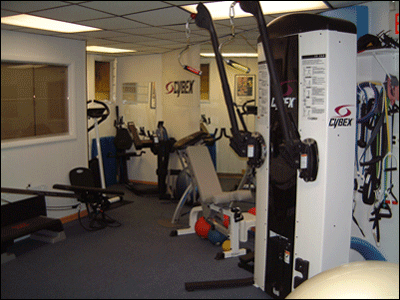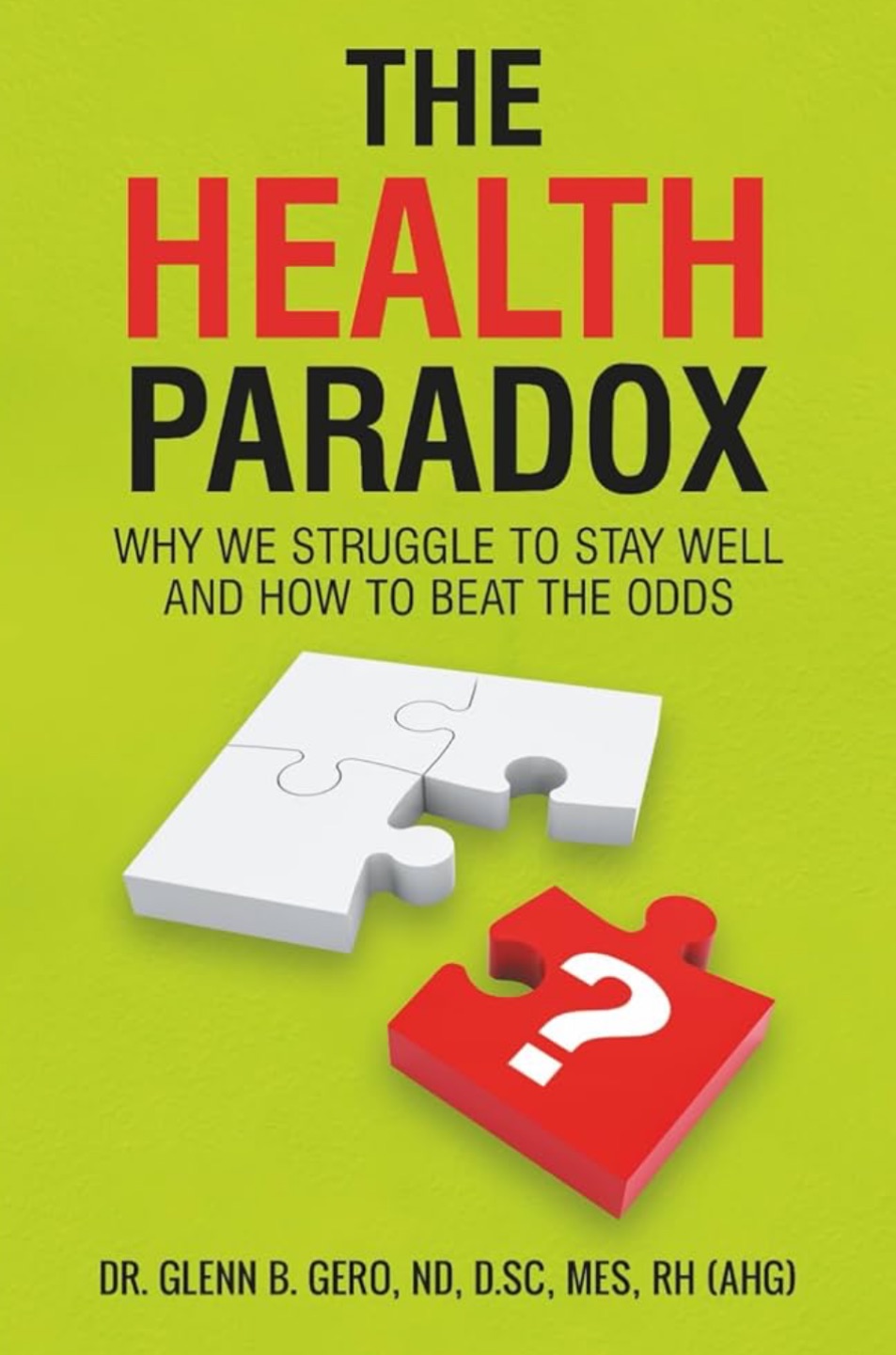Why Should I Exercise?

* * *
95 Reasons to Exercise:
- Improves the functioning of your immune system.
- Helps you to lose weight -- especially fat weight.
- Improves the likelihood of your survival from a myocardial infarction.
- Improves your body posture.
- Reduces your risk of heart disease.
- Improves your body's ability to use fat for energy during physical activity.
- Helps the body resist upper-respiratory tract infections.
- Helps relieve the pain of tension
- Increases your maximal oxygen uptake (VO2 max -- perhaps the best measure of your physical working capacity).
- Increases your level of muscle strength.
- Helps you to preserve lean body tissue.
- Reduces your risk of developing hypertension (high blood pressure).
- Increases the density and breaking strength of your ligaments and tendons.
- Improves your coronary (heart) circulation.
- Increases your circulating levels of HDL (good) cholesterol.
- Reduces your circulating levels of triglycerides.
- Helps you to maintain your weight loss -- unlike dieting alone.
- Helps improve short-term memory in older individuals.
- Reduces your risk of developing Type II (non-insulin-dependent) diabetes.
- Helps relieve many of the common discomforts of pregnancy (e.g., backache, heartburn, constipation, etc.).
- Reduces your level of anxiety.
- Helps control blood pressure in hypertensives.
- Increases your level of muscle endurance.
- Reduces your vulnerability to various cardiac dysrhythmias (abnormal heart rhythms).
- Increases the density and breaking strength of your bones.
- Assists you in your efforts to stop smoking.
- Helps to boost creativity.
- Lowers your resting heart rate.
- Slows the rate of joint degeneration if you suffer from osteoarthritis.
- Helps you overcome jet lag.
- Enhances your sexual desire, performance and satisfaction.
- Increases your anaerobic threshold allowing you to work or exercise longer at higher intensity before a significant amount of lactic acid builds up.
- Helps you to incur fewer medical and health-care expenses.
- Improves your ability to recover from physical exertion.
- Increases your ability to supply blood flow to your skin for cooling.
- Increases the diffusion capacity of your lungs, enhancing the exchange of oxygen from your lungs to your blood.
- Improves your heat tolerance.
- Provides you with protection against injury.
- Reduces the viscosity of your blood.
- Increases the thickness of the cartilage in your joints.
- Helps you to more effectively manage stress.
- Helps you sleep easier and better.
- Helps you to maintain your resting metabolic rate.
- Reduces your risk of developing colon cancer.
- Reduces your risk of developing breast cancer.
- Reduces your risk of developing prostate cancer.
- Expands your blood plasma volume.
- Helps to relieve constipation.
- Reduces your risk of having a stroke.
- Helps to alleviate depression.
- Helps you maintain proper muscle balance.
- Increases your ability to adapt to cold environments.
- Helps you to combat substance abuse.
- Helps to alleviate certain menstrual symptoms.
- Lowers your heart rate response to submaximal physical exertion.
- Helps alleviate low back pain.
- Helps reduce the amount of insulin required to control your blood sugar level if you are a Type I (insulin-dependent) diabetic.
- Improves your mental alertness.
- Improves your respiratory muscle strength and muscle endurance -- particularly important for asthmatics.
- Reduces the rate and severity of medical complications associated with hypertension.
- Helps you to burn excess calories.
- Increases your cardiac reserve.
- Improves your physical appearance.
- Increases your tissues' responsiveness to the actions of insulin (i.e., improves tissue sensitivity for insulin), helping you to better control your blood sugar -- particularly if you are a Type II diabetic.
- Increases your stroke volume (the amount of blood the heart pumps with each beat).
- Improves your self-esteem.
- Reduces your susceptibility to coronary thrombosis (a clot in an artery that supplies the heart with blood).
- Helps you to relax.
- Offsets some of the negative side effects of certain antihypertensive drugs.
- Improves mental cognition -- a short-term effect only.
- Maintains or improves your level of joint flexibility.
- Allows you to consume greater quantities of food and still maintain caloric balance.
- Helps prevent and relieve the stresses that cause carpal tunnel syndrome.
- Protects against "creeping obesity" (the slow but steady weight gain that occurs as you age).
- Makes your heart a more efficient pump.
- Increases your productivity at work.
- Reduces your likelihood of developing low back problems.
- Improves your balance and coordination.
- Improves your glucose tolerance.
- Gives you more energy and vigor to meet the demands of your daily life and provides you with a reserve to meet the demands of unexpected emergencies.
- Decreases (by 20-30 percent) your need for antihypertensive medication, if you are a hypertensive.
- Helps to retard bone loss as you age, thereby reducing your risk of developing osteoporosis.
- Helps to relieve and prevent "migraine headache attacks."
- Reduces your risk of endometriosis (a common cause of infertility).
- Reduces your level of abdominal obesity -- a significant health risk factor.
- Helps decrease your appetite -- a short-term effect only.
- Improves your pain tolerance and mood, if you suffer from osteoarthritis.
- Reduces work days missed due to illness.
- Enhances your muscles' ability to extract oxygen from your blood.
- Helps you to maintain an independent lifestyle.
- Improves your general mood state.
- Improves your athletic performance.
- Helps to increase your overall health awareness.
- Reduces your risk of gastrointestinal bleeding.
- Improves your overall quality of life.
